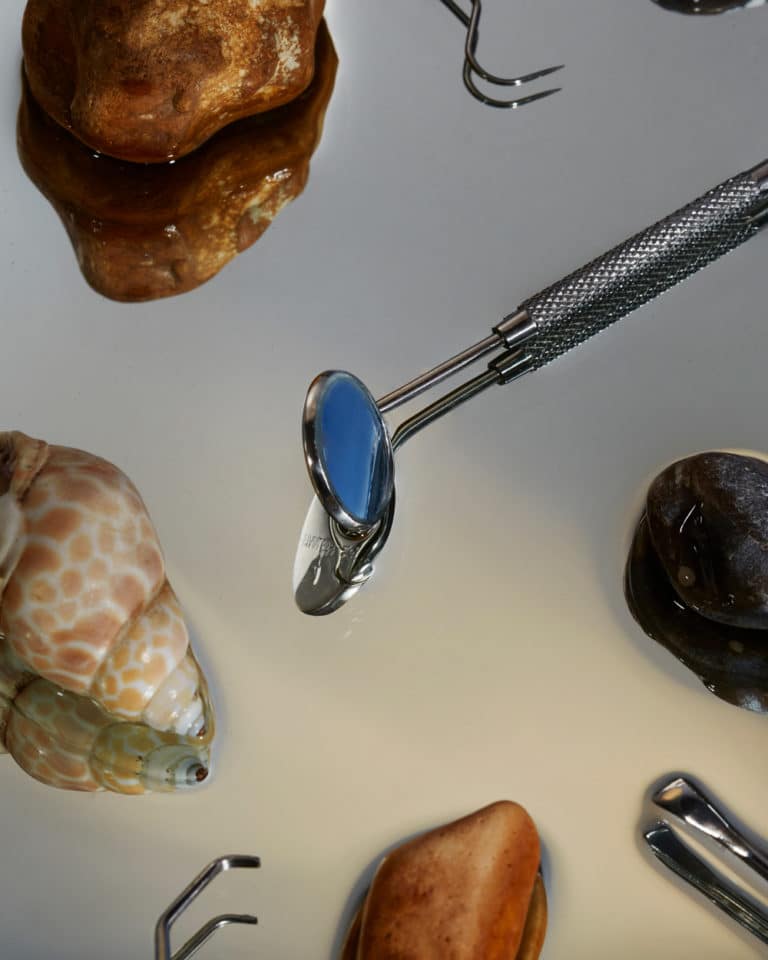Undetectable equals Untransmittable: a new era of education around HIV

It was over a year ago when I met Shawn for a Grindr ‘date’ at his dimly lit, quaint Bedstuy brownstone on a snowy November night. Things escalated quickly, and with my clothes already dangling off the edge of his bed, I whispered the common chant into his mouth “Neg on PrEP, are you?” Shawn backed away suddenly and with a somewhat cautious expression replied “Poz undetectable… is that OK?” As the words came out of his mouth a zap of panic flared up in me; a dormant, familiar fear that needed but a tug to rise to the surface and effervesce. Yet this fear was mixed with an overwhelming sense of shame at my reaction, and an understanding of how little knowledge I have of the issue.
Last month, the National Institute of Allergy and Infectious Diseases (NIAID) (a branch of the National Institutes of Health), published a new document which reviewed numerous studies from the past several years and has “firmly established the HIV Undetectable = Untransmittable (U=U) concept as scientifically sound.” As reaffirmed by the study, people who live with HIV and adhere to a daily regimen of antiretroviral therapy (ART) can maintain an undetectable load of the virus in their bloodstream. Studies reviewed by NIAID Director Anthony S. Faucy, M.D, indicate that such individuals are unable to transmit the virus to their sexual partners. While the scientific validity of the U=U concept may not be news, it still evades large swaths of the general population.
For the remainder of our affair (which consisted of about four meetings—practically a marriage on Grindr terms), Shawn has shared with me his experience of dating as poz-undetectable, and has opened my eyes to the prevalence of poz-phobia in the queer community. Suddenly I realised, it was everywhere; at clubs, in conversations with friends… and most definitely on Grindr. “People would be like ‘oh, nevermind’ when I tell them I’m poz undetectable,” said Shawn, “Many of them would just block me immediately. It sucks, but I’ve kind of been getting used to it. I took it off of my profile, though, hoping they would react differently if they get to talk to me first before I tell them.”
As Shawn iterated in our meeting, it comes down to education, or lack thereof. And in that sense, I’m as guilty as they come. I don’t believe that at this point in time one should reach their late twenties with such little knowledge of the history, facts, and science behind the HIV pandemic, and I don’t believe that it should take a random hook-up with a poz person to acquaint one with such information.
As millenials, we were brought up on the foothills of the trauma and pain which characterised the height of the HIV/AIDS epidemic. We grew up with stories about idols such as Freddie Mercury and Keith Haring who lost their lives to the disease, and testimonies of the older generation recounting how gay people were ‘dying like flies’ in the 80’s and 90’s.
By the time many of us reached sexual maturity, awareness of safe sex had begun to rise and increasing access to ART treatment prevented more poz people from transmitting the virus. The fairly recent emergence of PrEP has also begun to alter (and to an extent, liberate) the landscape of queer sex. Yet, these developments did little to root out discrimination towards people carrying the virus. Often, the lingering fear is not rational, as one can hear bits and pieces of ‘reassuring’ information, but still be overcome by their lifelong phobia of the virus.

It appears that the lack of concrete knowledge mixed with trauma, fear, and deep-rooted (often self-inflicted) homophobia brew a most lethal concoction, and provide an explanation to the ongoing, pervasive poz-phobia that taints our society.
But upon acknowledgement of the problem, comes the work. How, then, do we educate the public and make sure these facts and studies become widely known? Proper sex-education in schools, one that includes information about same-sex interactions, is incredibly important. Currently, such education is not available for the majority of teens across the U.S. According to the Human Rights Campaign (HRC), “Among Millennials surveyed in 2015, only 12 percent said their sex education classes covered same-sex relationships.” Yet, the tide may be turning, with public opinion gradually tilting towards inclusion of LGBTQ related-issues in the education system (one of which is HIV/AIDS), and advocacy groups working to incorporate them into the curriculum.
Sex-ed in schools isn’t enough, though. Seeing as a significant portion of the interaction between LGBTQ people takes place online (which is also where ignorance is manifested in the form of blocking, ghosting, bullying, etc.), it is important that such platforms make an effort to educate their users about HIV/AIDS. Kindr, an initiative launched by Grindr to make the app more inclusive, constitutes a first step in the right direction, albeit an insufficient one. This is not just about encouraging tolerance and berating those who are clueless or bigoted, but about familiarising people with basic science and giving HIV positive people a real opportunity to speak up.
It may take a while for the cloud of fear, stigma, and trauma regarding the virus to dissipate. Yet it seems that the beginning of this journey would have to be in the form of a thorough and expansive education campaign, consisting of both scientific findings and testimonies of people who live with the disease. Hopefully, tolerance will naturally emerge once people are introduced to the facts surrounding HIV/AIDS and the treatments available to contain and prevent them, and once we attach to this ‘viral specter’ a face, a voice, and some much-needed context.




